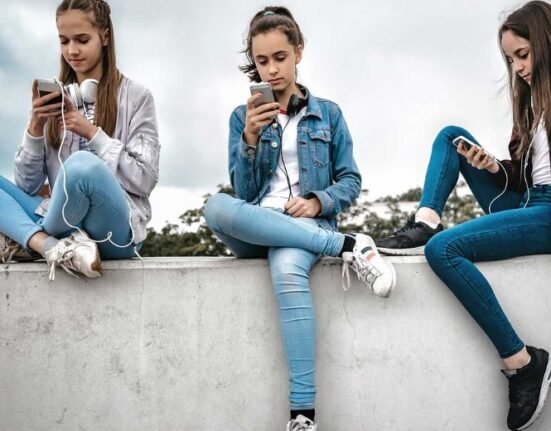HQ Team
November 23, 2024: Social media has become a part of our social fabric. Research shows that people spend on an average 4 hours on their smartphones surfing.
The widespread adoption of smartphones and the constant stream of social media content have profoundly impacted how we form opinions, make decisions, and shape our beliefs. There are numerous studies and research done on the impact of smartphones and internet usage on our lives.
A recent study published in Nature Human Behavior says that approximately 75% of Facebook users share political links without clicking on them first. This phenomenon raises significant concerns about the spread of misinformation and disinformation in today’s digital landscape.
Dangers of superficial sharing
Experts warn that sharing content without proper engagement can inadvertently aid hostile adversaries seeking to sow division and distrust within democracies. S. Shyam Sundar, a professor of media effects at Penn State University and corresponding author of the study, emphasized the dangers of superficial processing. “Superficial processing of headlines and blurbs can be dangerous if false data are being shared and not investigated,” he stated.
Research findings
The study analyzed over 35 million public posts shared on Facebook between 2017 and 2020, focusing on political content from various ideological perspectives. Researchers found that links to political content were shared without being clicked more frequently than politically neutral content. Using data provided by Meta, Facebook’s parent company, the researchers classified user demographics and behaviors, including a “political page affinity score.” This was determined by identifying pages that users follow.
The users were divided into five groups based on their political affinities: very liberal, liberal, neutral, conservative, and very conservative. The findings revealed a clear pattern: the closer the political alignment of the content to the user’s beliefs—whether liberal or conservative—the more likely it was to be shared without prior engagement.
Spread of false information
The analysis also highlighted a concerning trend regarding misinformation. Of the 41 million links shared without being clicked, 77% originated from conservative users, while only 14% came from liberal users. Notably, 82% of links to false information were traced back to conservative news domains.
Recommendations for social media platforms
In light of these findings, researchers suggest that social media platforms could implement measures to curb this behavior. For instance, requiring users to acknowledge that they have read the content before sharing it could help mitigate the spread of misinformation. Sundar noted that adding warnings about potentially false content might encourage users to think critically before sharing.
Educating ourselves about how to critically evaluate online information is crucial. Additionally spending a few minutes to verify the information from a variety of sources can help counteract the echo chamber of algorithm pushes that happens. Also actively engaging in diverse viewpoints and discussions can broaden the scope of knowledge.
Call for media literacy
The study is a critical reminder of the need for increased media literacy among social media users. “Hopefully, people will learn from our study and become more media literate, digitally savvy, and ultimately more aware of what they are sharing,” Sundar concluded. As social media continues to play a pivotal role in shaping public discourse, understanding user behavior and promoting responsible sharing practices will be essential in combating misinformation and fostering informed engagement.



